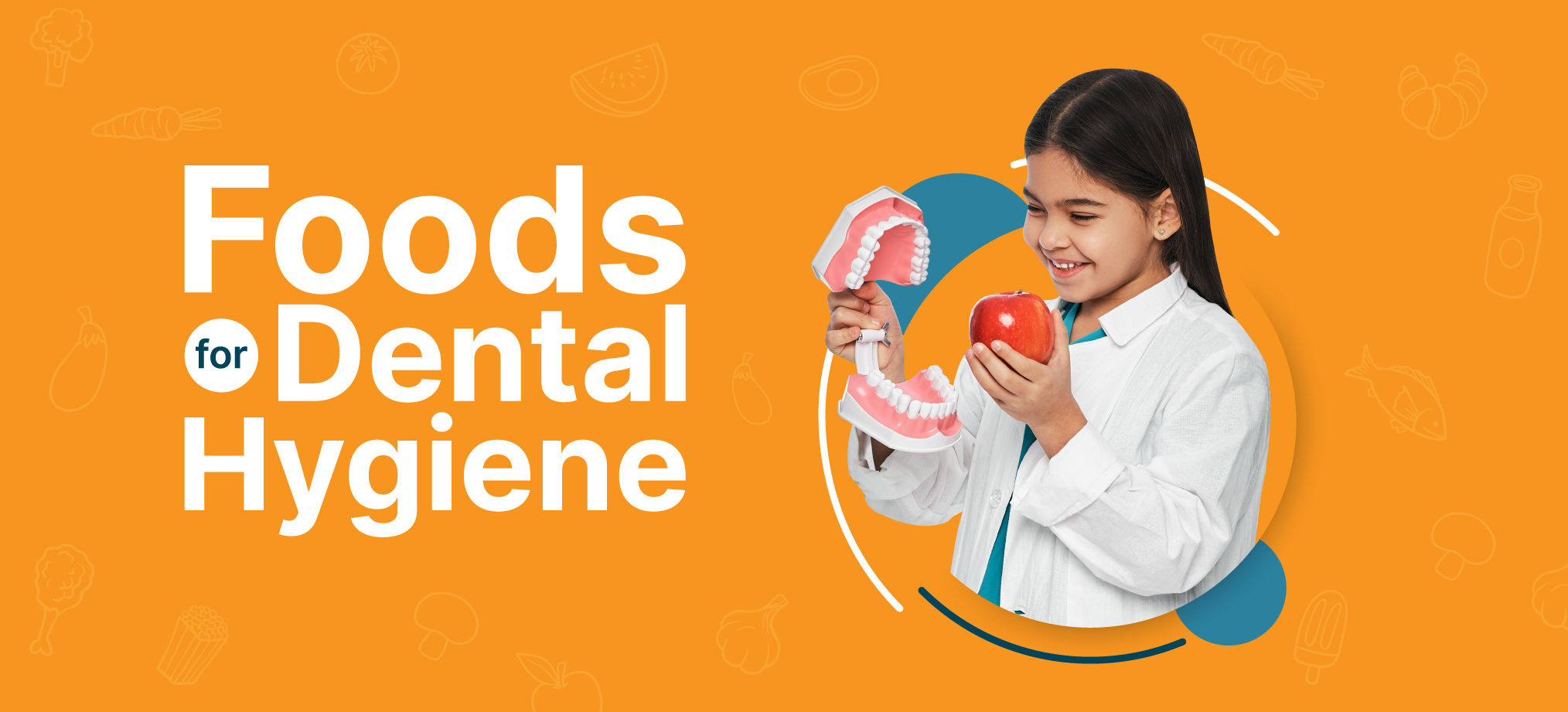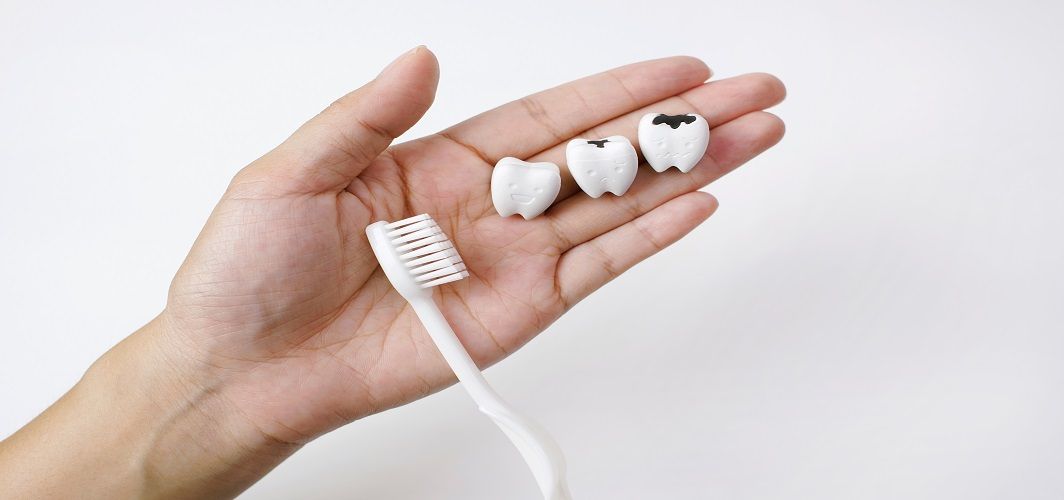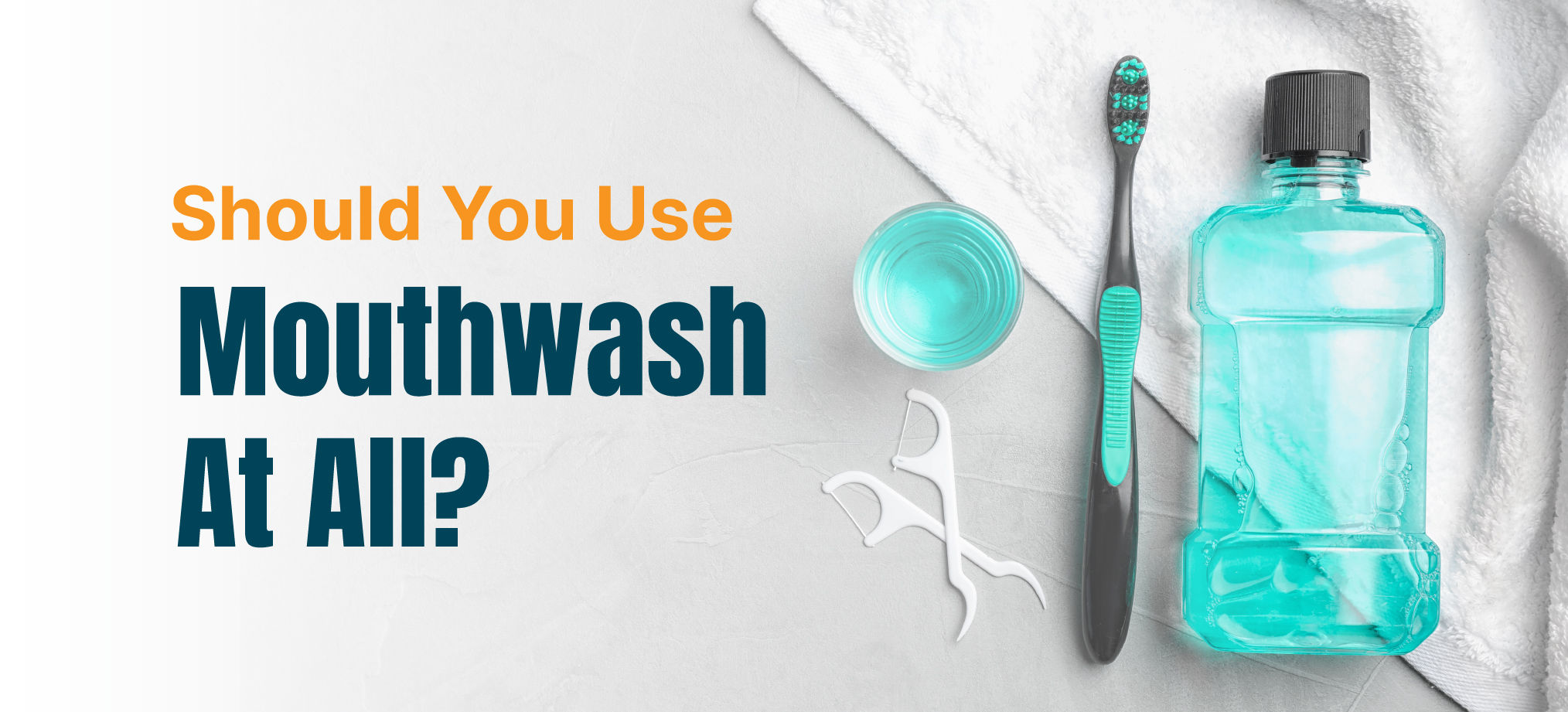Oral & Dental
Foods to Keep Your Teeth and Gums Healthy
3 min read
By Apollo 24/7, Published on - 08 December 2021, Updated on - 11 March 2023
Share this article
2
36 likes

The saying ‘you are what you eat’ is particularly true for oral health. The bacteria in the mouth feed on starchy and sugary foods, resulting in tooth cavities and gum diseases. Despite oral hygiene practices like brushing and flossing every day, it can still be challenging to maintain optimal oral health over the long term. However, consuming a balanced diet comprising fruits, vegetables, whole grains, dairy products, and protein foods can provide essential nutrients for overall health as well as oral health.
Here are some foods that can promote healthy teeth and gums:
- Fiber-rich fruits and vegetables: According to the American Dental Association (ADA), fiber-rich foods help to keep the teeth and gums clean and healthy. The foods high in fiber content stimulate saliva secretion as they require more chewing. An increased salivary flow offers natural defensive benefits by removing food debris and introducing antibacterial proteins into the oral cavity. Saliva also contains small amounts of calcium and phosphorus, which help restore minerals to the lost areas of the tooth.
- Dairy products: Dairy products such as cheese, milk, and yogurt contain calcium, phosphorus, and vitamin D, crucial for healthy teeth. Calcium is the most important component of teeth and hence, dairy products are a must in the diet to prevent tooth decay and other problems.
- Green and black teas: Tea is rich in polyphenols which help prevent cavities by inhibiting bacterial growth that encourages plaque (thin, sticky, invisible film of bacteria) formation. It also reduces the risk of inflammation in the gums. The fluoride content in green tea and black tea is known to prevent tooth decay.
- Nuts: Nuts contain proteins, vitamin D, and calcium which are essential nutrients for good oral health. They contain the amino acid arginine, which helps to reduce the risk of cavities. Nuts also require a lot of chewing and thus, stimulate saliva production. Folic acid, iron, magnesium, and potassium in walnuts are known to contribute to better dental health.
- Whole-grains: Vitamins and minerals in whole grains keep the gums healthy while maintaining strong teeth. Studies show that consuming whole grains can reduce the risk of gum disease as they are high in fiber and help the body control blood sugar. Gum disease is associated with high blood sugar, promoting bacterial growth in the mouth. In addition, whole grains like oatmeal, whole wheat bread, and pasta, brown rice have complex carbohydrates that are not easily digestible by the bacteria in the mouth, thereby preventing their growth.
- Lean protein: Lean protein includes lean cuts of meat, poultry, eggs, and fish. While the body requires protein for its functioning, teeth need phosphorus from these foods. Phosphorus protects and rebuilds tooth enamel (a protective layer on the teeth).
- Sugar-free chewing gum: Sugar-free chewing gum helps to keep the teeth clean between meals. It increases saliva production and removes food particles from the oral cavity.
Besides eating the right foods, drinking plenty of water throughout the day is crucial in keeping the mouth and teeth clean. Water washes away the food particles and debris thereby preventing plaque build-up, which is important to support gum health. Research proves that water with added fluoride is more beneficial for oral health and can prevent tooth decay.
Conclusion
A healthy diet is an important protective measure to prevent tooth decay and gum diseases. One should opt for foods low in carbohydrates and sugars, foods containing essential nutrients, and high in fibre to ensure overall oral health. In addition to consuming a healthy diet, brushing, flossing, not smoking, and seeking regular dental advice are vital for good oral health.
Oral & Dental
Leave Comment
Recommended for you

Oral & Dental
The Effect of Tobacco on Oral Health: It’s More Serious Than You Think
Tobacco use is a known risk factor for various oral diseases. Tooth decay and gum diseases are some of the common oral health effects of tobacco use.

Oral & Dental
Tips to Prevent or Reverse Cavities
Dental caries, often known as cavities, are the early stages of dental decay that, if left untreated, can eventually lead to the formation of a hole in the tooth. They can be undone with simple restorative procedures like filling. Run down the blog to know how to prevent cavities.

Oral & Dental
Most Googled Dental Health-Related Questions Answered By Apollo Experts
Unanswered questions can often result in unintended consequences. Here are the answers to the 10 most commonly asked questions to a dentist.
Subscribe
Sign up for our free Health Library Daily Newsletter
Get doctor-approved health tips, news, and more.
Recommended for you

Oral & Dental
The Effect of Tobacco on Oral Health: It’s More Serious Than You Think
Tobacco use is a known risk factor for various oral diseases. Tooth decay and gum diseases are some of the common oral health effects of tobacco use.

Oral & Dental
Tips to Prevent or Reverse Cavities
Dental caries, often known as cavities, are the early stages of dental decay that, if left untreated, can eventually lead to the formation of a hole in the tooth. They can be undone with simple restorative procedures like filling. Run down the blog to know how to prevent cavities.

Oral & Dental
Most Googled Dental Health-Related Questions Answered By Apollo Experts
Unanswered questions can often result in unintended consequences. Here are the answers to the 10 most commonly asked questions to a dentist.